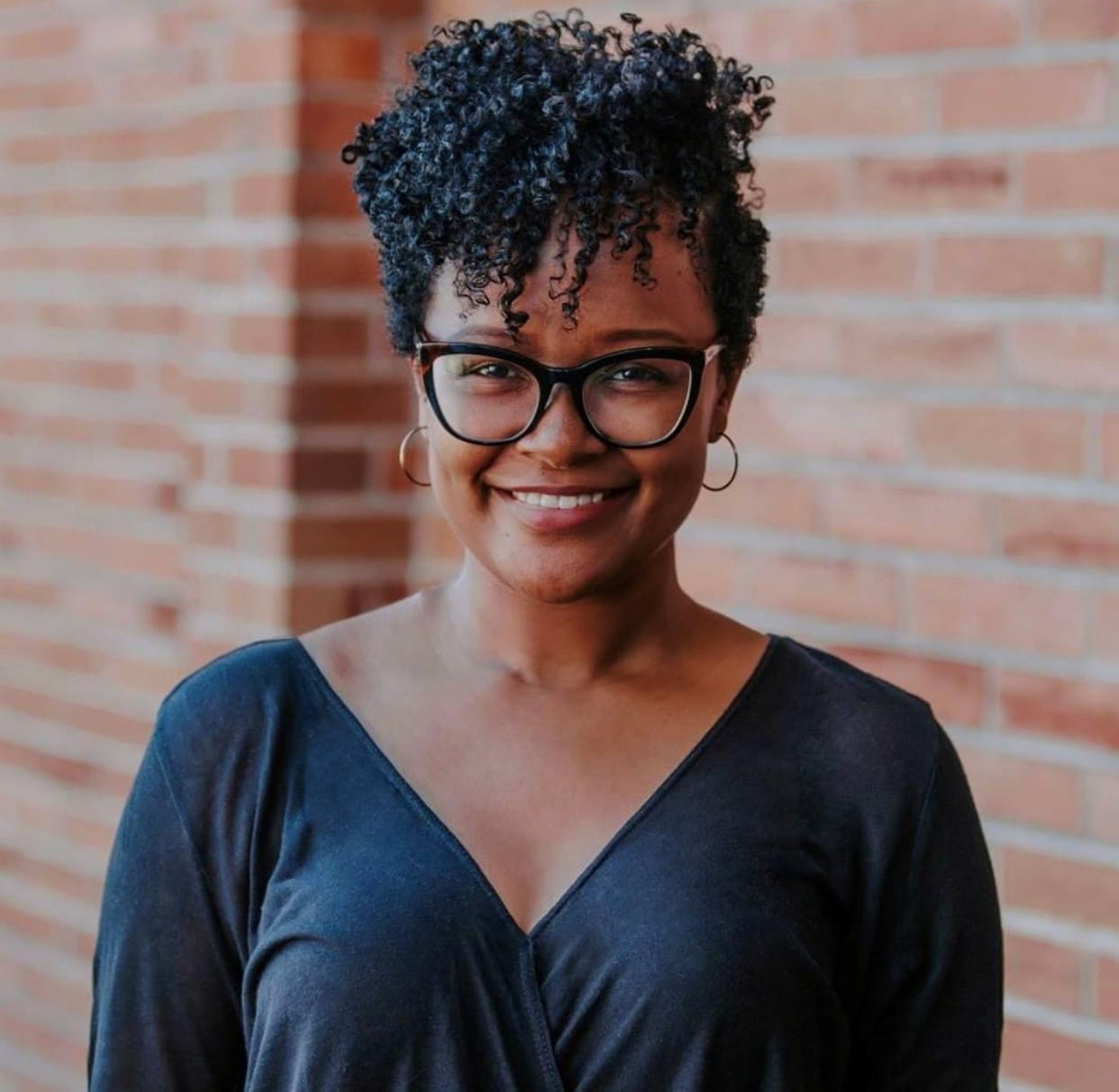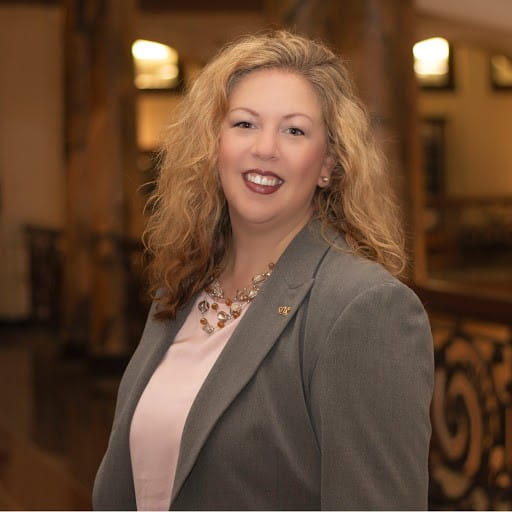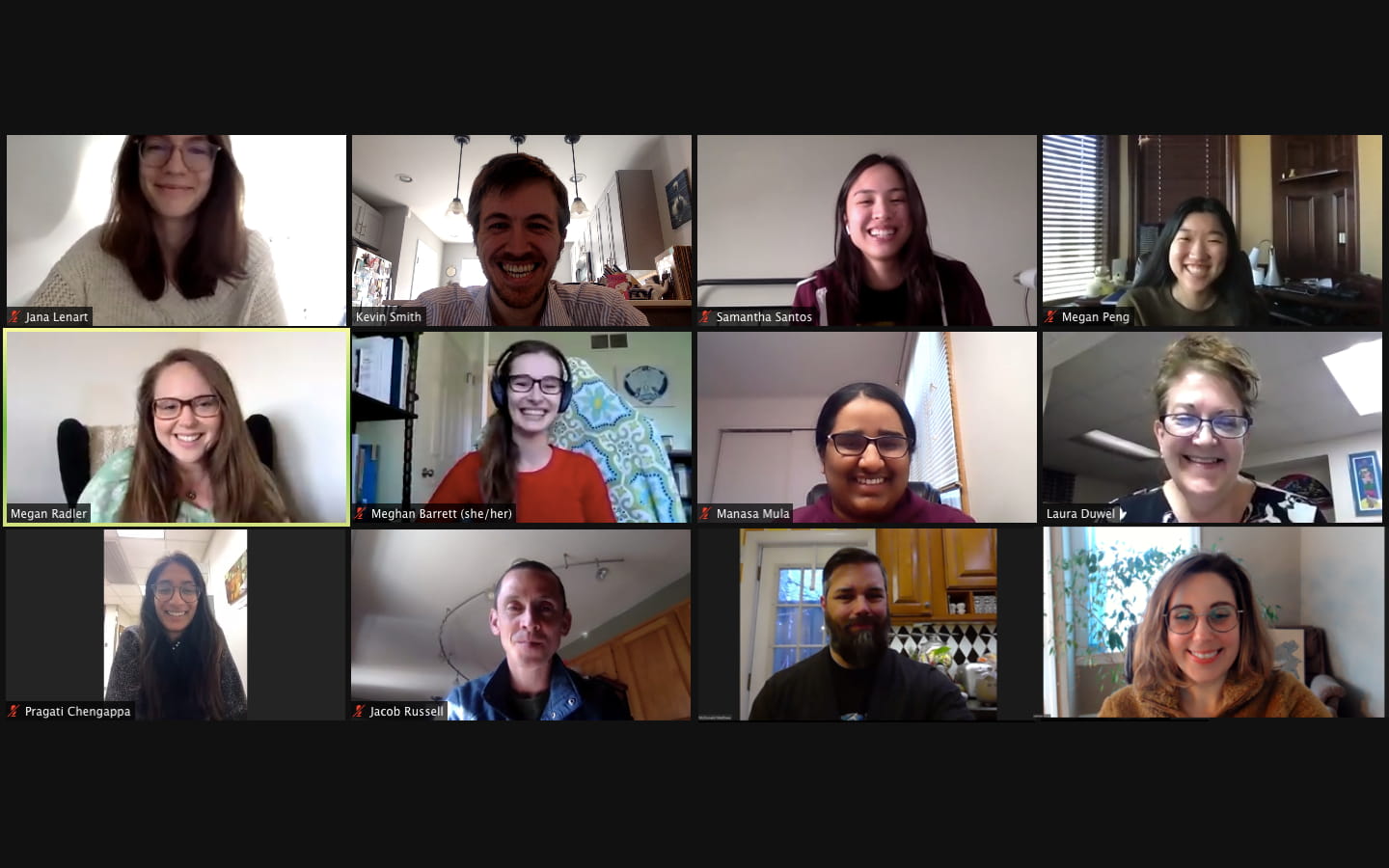DEI Spotlight: April 2021
The Office of Equality and Diversity proudly presents this month's DEI Spotlight, a recurring feature in which we recognize different individuals and diversity, equity and inclusion (DEI) committees across campus for their work to advance diversity, equity, inclusion and belonging at Drexel. In this edition, we are spotlighting: Danielle Boardley, director of diversity inclusion & student belonging for the Kline School of Law, and Amy Edwards, EdD, director of Drexel Autism Support Program (DASP). We asked each individual to share details about their role and accomplishments, as well as what motivates their DEI work.
We are also thrilled this month to spotlight the work of Drexel's Biology DEI committee, a collaborative group of undergraduates, graduate students, staff and faculty who have volunteered their time to help develop their home department into a more inclusive and supportive body.
Thank you to our featured colleagues for working toward a better, more inclusive Drexel!
Danielle Boardley

One of the benefits of my role is that I am able to connect and engage with community members at every level. From those interactions, I gain an understanding that allows me to influence and develop policy, practices and programming, and disrupt thought patterns. I believe relationship building is the catalyst to helping individuals feel a sense of value, connection and belonging. One recent accomplishment that speaks to this is when I was recruiting a prospective law student and made a connection with an individual that led me to key administrators who I would eventually partner with to create the Spelman/Drexel Kline Law 3+3 program.
As a Black woman who completed her undergraduate and graduate programs as a non-traditional student, I value the interpersonal connections that helped me feel seen, heard and welcomed. I also carry the weight of when my academic experience was devoid of those intentional efforts. It is my hope to be a champion for the students that I encounter who show up every single day wanting to be accepted for who they are so that they can become whomever they aspire to be.
Amy Edwards, EdD

My day-to-day role depends on the day. On any given day, it could consist of: meeting with neurodivergent students one on one to assist them in areas where they may need more support such as executive functioning, time management, organization and social issues; speaking with prospective students and parents; speaking with current parents; and meeting with employers and colleagues from other universities to further the field of autism in higher education.
My motivation is both personal and professional. I have a child on the autism spectrum whom I have watched grow and meet goals that many people take for granted (e.g., the first time he understood a sarcastic remark, the first time I watched him have a social conversation with other peers, etc.). As a parent and a researcher, I know how difficult it is to watch your neurodivergent child grow up and not be able to provide resources for them after high school. I enjoy being able to help neurodivergent college students reach their own goals and also help parents find the resources for their college-bound students.
Biology DEI Committee

Membership: Meghan Barrett, Pragati Chengappa, Dr. Laura Duwel, Dr. Susan Gurney, Jana Lenart, Matthew McDonald, Manasa Mula, Kate Pelusi (co-chair), Megan Peng, Megan Radler, Dr. Jacob Russell, Samantha Santos, Dr. Kevin Smith (co-chair), Yani Suber (co-chair)
Not pictured: Yani Suber (co-chair), Dr. Susan Gurney
The Biology DEI committee is a collaborative group of undergraduates, graduate students, staff and faculty. Over the past year, the members have volunteered their time to help develop their home department into a more inclusive and supportive body. With significant conversations and actions occurring at the College and University level, the committee sought to serve as a bridge to this growth, while also building resources for their community in Biology.
In the formation of the Ad Hoc committee, and the transition into a ratified standing committee with the support of the biology faculty, the Biology DEI members began work on several initiatives. Their primary goals for this year were to increase dialogue with and support of the undergraduate population, increase communication of DEI priorities internally and externally, and facilitate the prioritization of DEI in our departmental growth. In response to these charges, the Biology DEI Committee has collaborated with members of our undergraduate population to support the formation of an Undergraduate DEI group with whom they are closely engaged. The insight and feedback from the undergraduates has been crucial aspect of the committee's engagement. Biology DEI has also authored a Departmental Diversity Pledge and DEI Syllabus statements to share with the larger community so that every student in a biology course can see the department's values and engage in the Department's ongoing growth. The pathway toward this growth has been a topic of discussion in quarterly Biology DEI Town Hall discussions for graduate students, staff, and faulty, facilitated by Associate Dean Dr. Amelia Hoover Green.
Additionally, the committee is exploring ways to update the staff and faculty hiring processes to reflect modern best practices in increasing and engaging a more widely representative group of candidates and future colleagues. This process has included deep investigation into the current literature, consideration of the processes of peer and aspirant institutions, engagement in external conferences and meetings, and the introspection of previous departmental candidate searches. Leadership throughout Drexel, including the Biology Department, the Office of Equality and Diversity, the Anti-Racism Task Force, and the CoAS Dean's Office, have given powerful support and insight throughout this endeavor. The theme of collaboration also extends into coordination with the Biology/BEES Graduate Student Association, as current and future leaders in our scientific communities.
In part, the Biology DEI Syllabus Statement reads, "As educators, we commit to our own ongoing growth and education in order to best promote respect and integrity within our diverse community." The Biology DEI Committee is driven to support the essential ongoing growth needed to best serve our students and our colleagues.